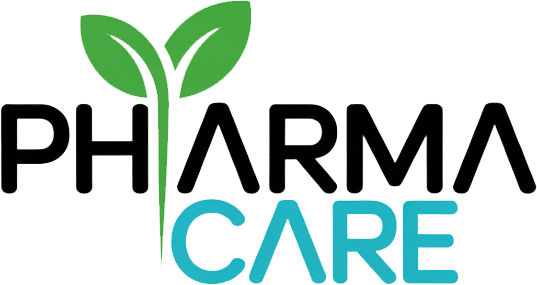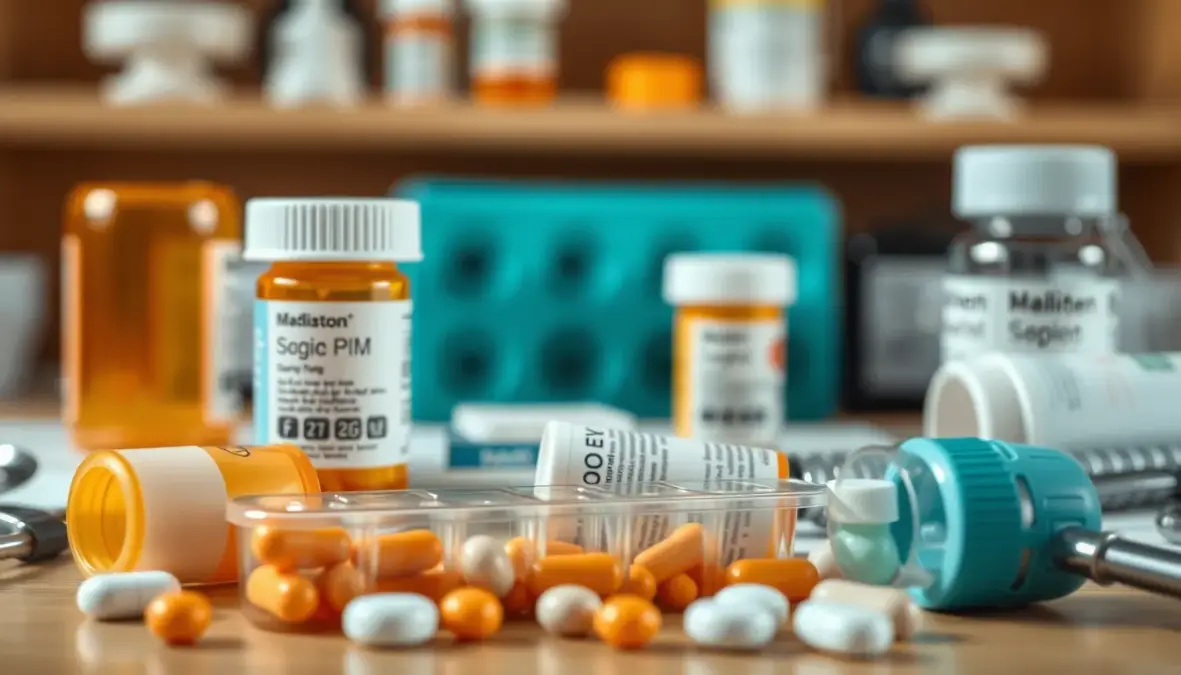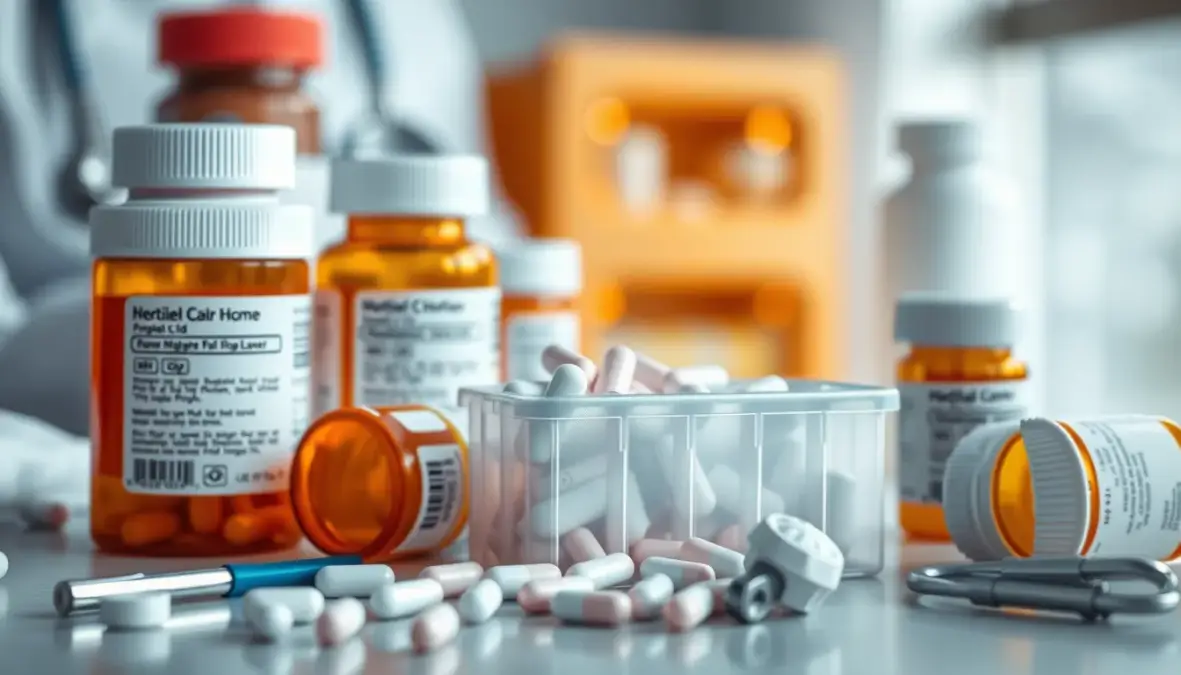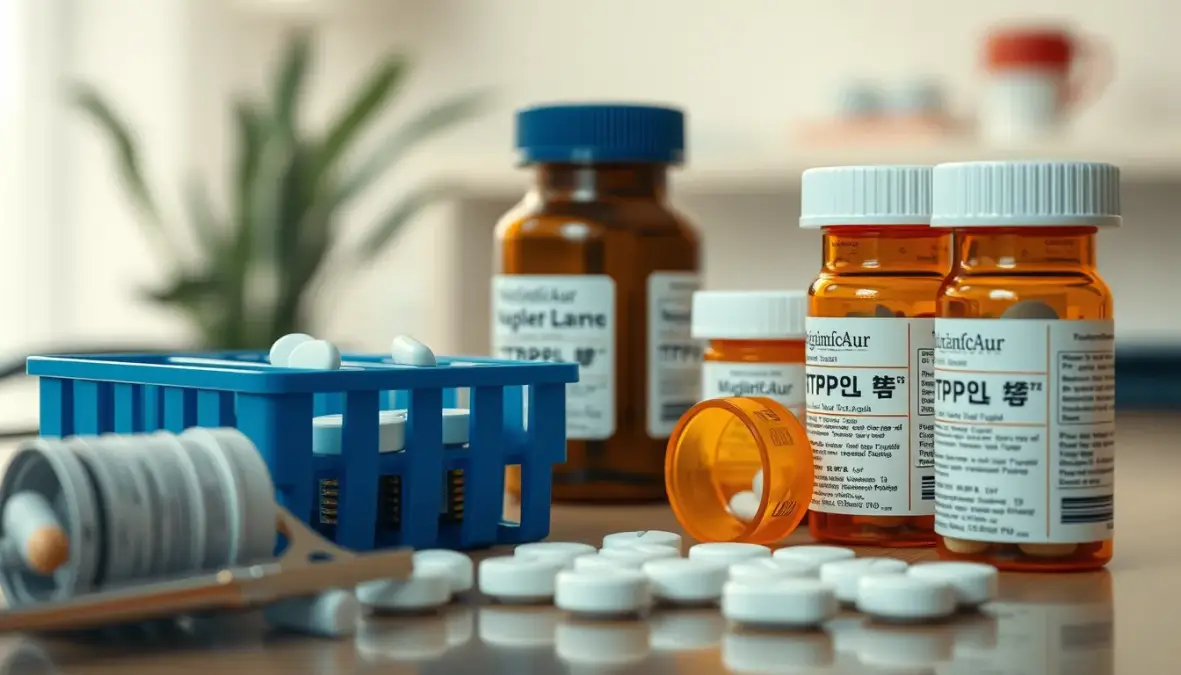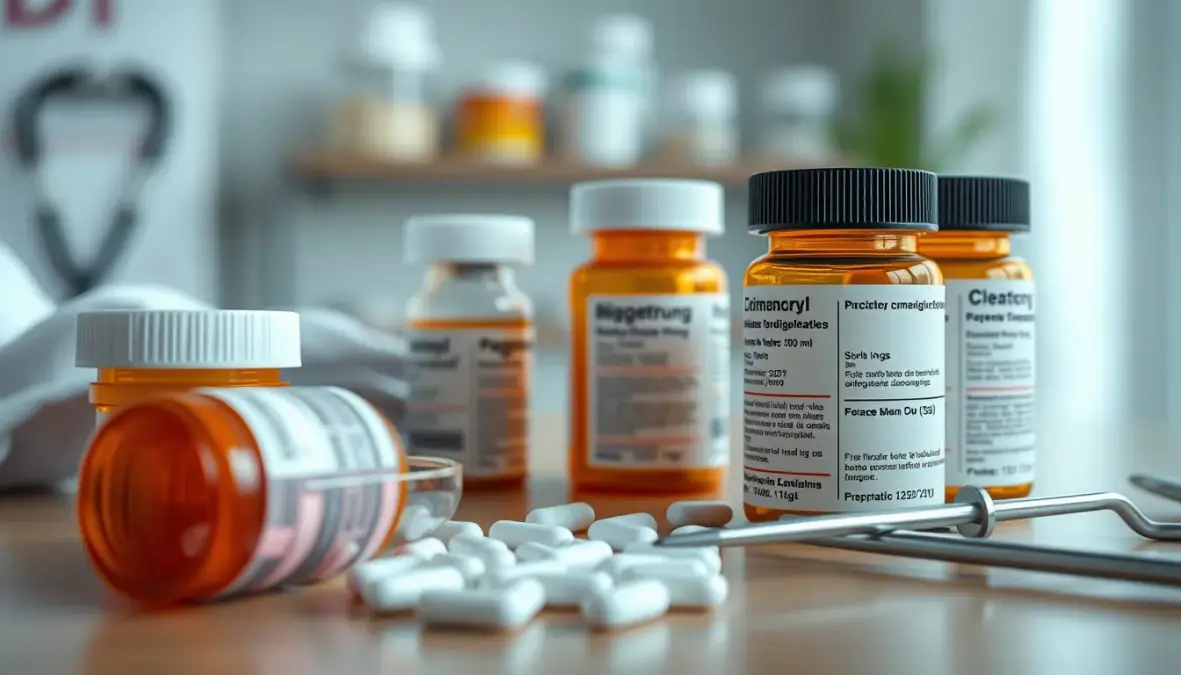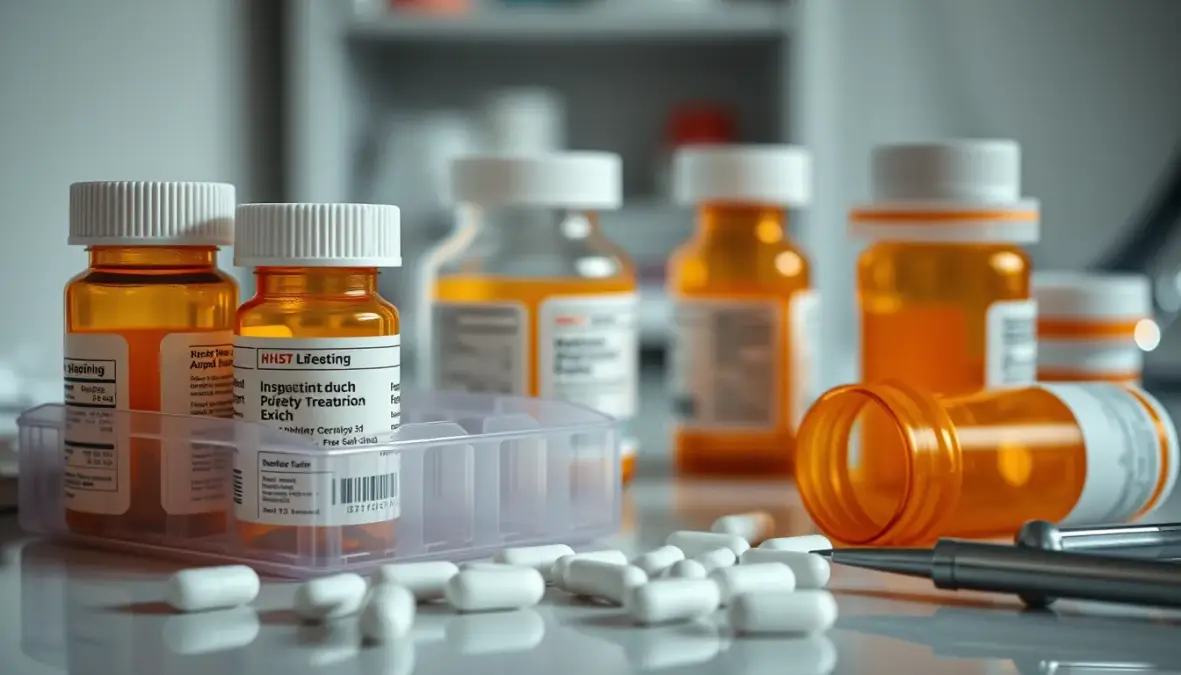Attention deficit hyperactivity disorder (ADHD) does not end with adolescence, as many people tend to think. In fact, about 60% of children diagnosed with ADHD will continue to experience symptoms into adulthood. For adults, the disorder can significantly impact the ability to function at work, school, and in relationships. ADHD medications for adults They are one of the main therapeutic options, but choosing the appropriate medication is a complex decision that requires consideration of a variety of factors.
At Pharma Care, we believe that comprehensive and accurate information is the key to making informed decisions about your health. In this article, we will review the treatment options available for adults with ADHD, examine the pros and cons of each medication, and offer tools to help you choose the treatment that is most appropriate for you, in collaboration with your doctor.
Attention deficit hyperactivity disorder in adults: What is important to know?
Before we discuss medications, it's important to understand how ADHD manifests itself in adults. Unlike children, in adults the symptoms may be less pronounced but no less significant. Adult attention span It is usually characterized by difficulties in the following areas:
- Difficulty maintaining concentration when performing prolonged tasks
- Tendency to procrastinate and difficulty organizing time
- Forgetting important details or appointments
- Impulsiveness in decision-making
- Feeling of inner restlessness
- Difficulty completing tasks
- Tendency to lose objects
It is important to note that an accurate diagnosis is the first and critical step before starting medication. Only a psychiatrist, neurologist, or doctor specializing in ADHD can officially diagnose the disorder and recommend appropriate treatment.
Types of ADHD medications for adults
Today there are several main groups of ADHD medications for adultsEach group works differently in the brain and offers unique advantages and disadvantages:
Stimulants
These medications are the first line of treatment for ADHD and are considered the most effective for most patients. They work by increasing levels of dopamine and norepinephrine in the brain, which improves the ability to concentrate and regulate behavior.
Stimulants are divided into two main groups:
- Methylphenidate – The group to which they belong Ritalin for adults also Concert for adults
- Amphetamines – The group to which Adderall and Vyvanse belong
Non-stimulant medications
These drugs are an alternative for patients who do not respond well to stimulants or who suffer from significant side effects. They work differently in the brain:
- Atomoxetine – Known by the trade name Strattera
- Guanfacine – Known by the trade name Intuniv
- Clonidine – Known by the trade name Kapvay
Comparison of common ADHD medications for adults
Below is a table comparing the most common medications for treating ADHD in adults in Israel:
| Name of the medicine | type | Duration of effect | Key benefits |
| Ritalin | Short-term methylphenidate | 3-4 hours | Flexibility in dosage, relatively low price, control over taking times |
| Ritalin SR/LA | Long-acting methylphenidate | 6-8 hours | Taking it once or twice a day, less "ups and downs" |
| Concerta | Very long-acting methylphenidate | 10-12 hours | Once-daily dosing, gradual and steady release, full-day coverage |
| Adderall | Amphetamine mixture | 4-6 hours (regular), 8-12 hours (XR) | Effective for patients who do not respond to methylphenidate |
| Strattera | Non-stimulant | 24 hours | Non-addictive, effective throughout the day, reduces anxiety |
How do you choose a medication for attention deficit disorder for adults?
Choosing the right medication is a personal process that should be carried out under the guidance of a specialist. Below 3 steps to making the right choice Of ADHD medication:
Step 1: Comprehensive and accurate diagnosis
Before starting drug treatment, it is essential to undergo a professional and comprehensive diagnosis. This includes:
- In-depth clinical interview with a psychiatrist or neurologist
- Filling out specific questionnaires to assess attention deficit disorder
- Gathering information about medical and family history
- Neuropsychological testing in certain cases
- Ruling out other medical conditions that might explain the symptoms
Step 2: Personalization based on personal characteristics
How to choose a medication for attention Which is right for you personally? Your doctor will consider many factors, including:
- Type of symptoms – Is the main difficulty with concentration, impulsivity, or hyperactivity?
- Associated medical conditions – such as anxiety, depression, sleep disorders or tics
- Lifestyle – Working hours, need for medication coverage during specific hours
- Response to previous treatments – If there were any
- History of addictions – In such a case, non-stimulant medications may be preferable
Step 3: Continuous monitoring and adjustment
After starting treatment, it is important to monitor closely:
- Regular follow-up appointments with the attending physician
- Documentation of the effectiveness of the medication and its effect on symptoms
- Reporting side effects
- Dose adjustment according to response
- Considering switching medications if there is no adequate response or if there are significant side effects
Important to know: Finding the right medication and dosage is a process that may take time and require trial and error. Don’t be discouraged if the first medication doesn’t work – there are a variety of treatment options.
Ritalin for adults and Concerta for adults: What's the difference?
The two most common medications in Israel for treating ADHD are Ritalin and Concerta. Although they both contain the same active ingredient (methylphenidate), there are significant differences between them:
Ritalin for adults
Ritalin for adults Available in several versions:
- Regular Ritalin – Works for 3-4 hours and requires taking several times a day
- Ritalin SR – Has a delayed release, works for about 6-8 hours
- Ritalin LA – Has a long sustained release, works for about 8-10 hours
The advantages of Ritalin include flexibility in dosage, the ability to adjust the times of taking it as needed, and a relatively low price. The main disadvantages are the need to take it multiple times (in the regular version) and the effect that may be less stable throughout the day.
Concert for adults
Concert for adults It is a long-acting medication that releases the active ingredient gradually and steadily throughout the day. It works for 10-12 hours, allowing it to be taken only once a day.
The advantages of Concerta include convenience in taking, full-day coverage, and fewer “ups and downs” in effect. The main disadvantages are a higher price, less flexibility in dosage, and difficulty in tailoring the effect times to specific needs.
tip: Many find that combining a long-acting medication (like Concerta) with a small dose of a short-acting medication (like regular Ritalin) allows for optimal coverage throughout the day with some flexibility to suit needs.
Side effects and important considerations
Like any medicine, ADHD medications for adults May cause side effects. It is important to be aware of them and report them to your doctor:
Common side effects of stimulant medications
- Decreased appetite and weight
- Difficulty sleeping
- Nervousness and anxiety
- Increased heart rate and blood pressure
- Dry mouth
- Headaches
- nausea
Common side effects of non-stimulant medications
- Fatigue and drowsiness
- Nausea and digestive problems
- Dizziness
- Dry mouth
- Decreased blood pressure (especially with guanfacine and clonidine)
Special considerations when choosing a medication
Several medical conditions require special caution when choosing ADHD medications:
| Medical condition | Considerations when choosing a medication | General recommendations |
| High blood pressure | Stimulant medications can raise blood pressure | Blood pressure monitoring, Strattera weighing |
| anxiety | Stimulants may worsen anxiety | Strattera may be better |
| Sleep disorders | Stimulants may worsen sleep problems | Taking earlier in the day, reduced dosage |
| History of addiction | Increased risk of stimulant addiction | Weighing non-stimulant medications |
| Heart problems | Stimulants may affect heart rate | Heart test before starting treatment |
Integrated approach: beyond drugs
It is important to emphasize that medication, despite its effectiveness, is only part of a comprehensive treatment approach for ADHD in adults. An integrated approach includes:
- Cognitive-behavioral therapy (CBT) – Helps develop strategies for coping with symptoms
- ADHD training – Help develop organizational, time management and prioritization skills
- Lifestyle changes – Regular exercise, balanced diet, quality sleep
- Adjustments in the work/study environment – Creating a supportive environment that reduces distractions
- Support groups – Sharing experiences and coping strategies with people facing the same challenges
Frequently Asked Questions
Are ADHD medications for adults addictive?
Stimulants such as Ritalin for adults andConcert for adults Considered to have the potential for addiction, but the risk is low when taken as directed by a doctor. Non-stimulant medications like Strattera are not considered addictive. It is important to follow dosage instructions and not change the way you take them without consulting your doctor.
Can ADHD medication be taken long-term?
Yes, many take ADHD medications for adults For many years without significant problems. However, it is important to perform regular medical monitoring, including blood pressure, pulse, and weight checks. Sometimes short breaks in treatment ("drug holidays") are required to reassess the need for the drug and prevent the development of tolerance.
How will I know if the medicine is working for me?
A suitable medication should improve the ability to concentrate, reduce impulsivity, improve organization and time management, and make it easier to complete tasks. It is recommended to keep a diary to track the effects of the medication on daily functioning. Improvement should be noticeable in various areas of life – work, studies, interpersonal relationships, and household management.
Are there natural alternatives to ADHD medications?
There are natural approaches that may help reduce symptoms of ADHD, but they are generally less effective than medications. These include regular exercise, a balanced diet, omega-3 supplements, meditation and mindfulness, and neurofeedback. It is important to consult your doctor before combining natural alternatives with medication.
Do I have to take the medicine every day?
Unlike children, who sometimes take Attention deficit hyperactivity disorder medications During school days only, many adults take their medications daily to improve functioning in all areas of life. However, some patients choose to take the medication only on days or times when they need increased concentration. This depends on the type of medication and the recommendation of the treating physician.
What is the difference between Ritalin for adults and Ritalin for children?
There is no difference in the composition of the drug itself – Ritalin for adults Chemically identical to Ritalin for children. The main differences are in the dosage, which is usually higher in adults, and in the clinical considerations when adjusting treatment. Adults often have concomitant medical conditions or additional medications to consider.
Medical Disclaimer: The information in this article is for informational purposes only and is not a substitute for professional medical advice. Do not make changes to your medication regimen, start or stop taking medications without consulting a qualified physician. All
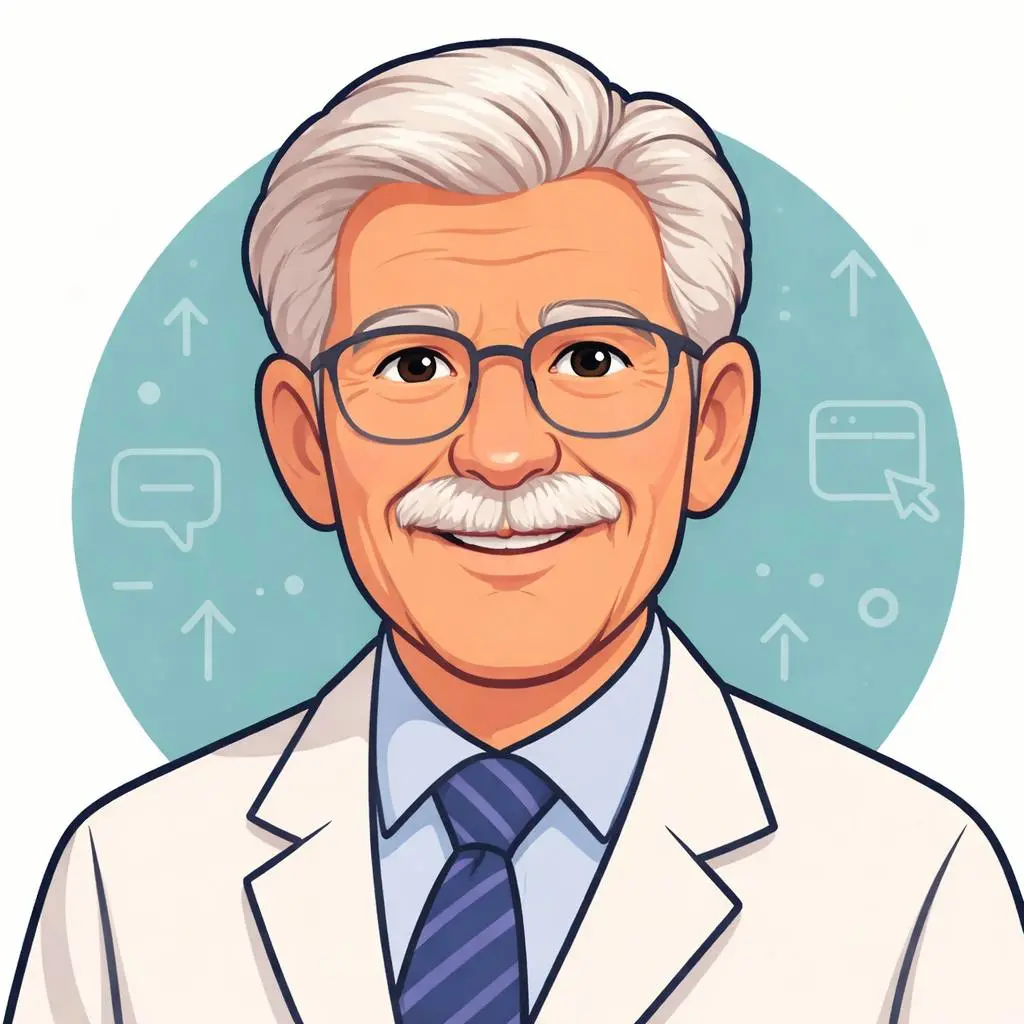
פרופ’ אלון גרין הוא מומחה לפסיכיאטריה קלינית ומחקר תרופתי, עם התמחות בפיתוח והתאמת תרופות מרשם למגוון מצבים נוירו-פסיכיאטריים. בעל ניסיון של למעלה מ־35 שנה בעבודה קלינית ואקדמית, וכיהן כמרצה ופרופסור אורח במספר אוניברסיטאות מובילות בארץ ובחו”ל. עמד בראש יחידות מחקר וטיפול בבתי חולים ציבוריים ומרכזים רפואיים מתקדמים. תחומי עיסוקו כוללים קשב וריכוז (ADHD), הפרעות חרדה והרגעה, דיכאון קליני והפרעות מצב רוח, וכן טיפולים תרופתיים תומכי דיאטה ואיזון מטבולי. משלב גישות מבוססות ראיות עם חדשנות פרמקולוגית, ופרסם עשרות מאמרים מקצועיים בכתבי עת מדעיים, תוך תרומה משמעותית להבנת מנגנוני פעולה של תרופות והשפעתן הקלינית.
